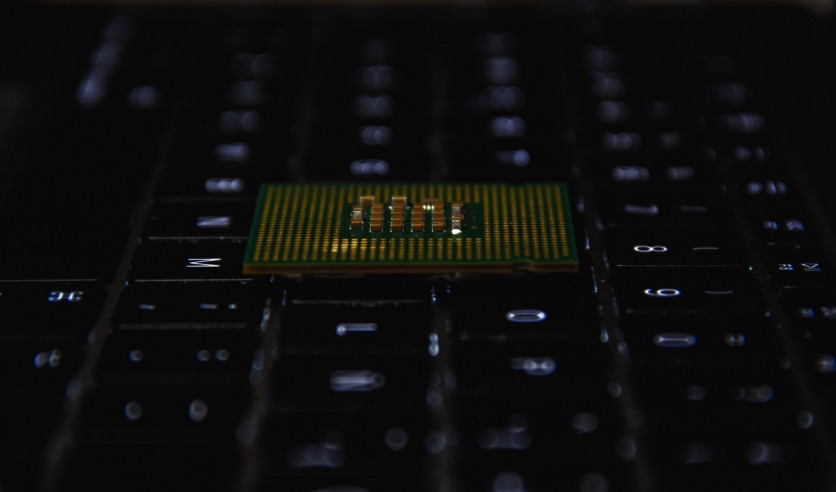Nvidia has announced its Quantum Optimized Device Architecture (QODA) at the Q2B conference, as reported by Venture Beat.

(Photo : david latorre romero on Unsplash)
QODA is to create a single programming environment for hybrid classic-quantum computing, which carries the same mission as their Compute Unified Device Architecture (CUDA) platform. What sets QODA apart from it is that it takes highly specialized quantum development discipline and makes it accessible to more software developers.
In short, QODA's goal is to make things more straightforward when it comes to their GPUs being used n the quantum world.
Timothy Costa, the director of HPC and quantum computing products at Nvidia said, "It's a very different world than it was a decade ago."
Also Read: Nvidia vs. AMD: Next-Gen GPU are Coming, But Who Will Reign Supreme?
QODA for More Developers
QODA aims to help nonquantum-specialized developers take advantage of this industry's progress. Therefore, this is focused at developers who are focused on specific domains, such as drug discovery, chemistry, finance, and optimization.
This is where quantum can make things faster and feasible to solve problems that would be impractical to address in a computational sense.
These are also the areas that will benefit best from a mix of classical computing and quantum. Although Nvidia's GPU technology isn't quantum hardware, it can be an effective medium for quantum circuit emulation than CPUs. This is due to the fact that GPUs can implement state vector and tensor network methods that will boost quantum circuit simulations.
As a result, a big GPU system like their DGX platform may be able to handle hybrid scenarios. QODA also brings in a new split personality potential of GPUs as it offers a single platform for hybrid development.
The cuQuantum SDK and DGX Quantum appliance will let developers simulate quantum circuits. Moreover, it has integrations with quantum computing frameworks. On the other hand, the DGX Quantum Appliance is a software container that integrates the frameworks with cuQuantum and can run on any Nvidia hardware.
The Future for Nvidia and Quantum
With QODA, Nvidia wishes to provide developers with access to computing technology as well as let domain scientists leverage quantum acceleration paired with the best of GPU supercomputing.
They see QODA's mission to get developers to use quantum and see it as a technology that can boost what they're already doing. This is a practical approach to adopting quantum computing, which could change the world of computing.
They want to bring in as many startups that have the potential to promote an ecosystem in the quantum area. Through this, it will keep the space mature and more attractive for adoption by enterprise customers.
Nvidia has been at the forefront of the charge for enterprise-ready quantum computing solutions. Quantum computing has been a dream for programmers to harness the enormous potential of atoms to solve computational problems. It was only in the last decade that it has the potential to be a reality.
Quantum computing is made possible due to the fact that the computer on our phones can run on a billionth of a second, but it is based on a model that we interact with every day. It is like taking an old-fashioned calculator and giving it a billion times more power than what it currently has.
So far, there are still limitations to being able to fully utilize quantum computing, but it's only a matter of time before we get the answer.
Related Article: NVIDIA LHR GPUs Put to the Test: Are They Actually Effective at Limiting Mining Performance?
This article is owned by TechTimes
Written by April Fowell
ⓒ 2025 TECHTIMES.com All rights reserved. Do not reproduce without permission.




